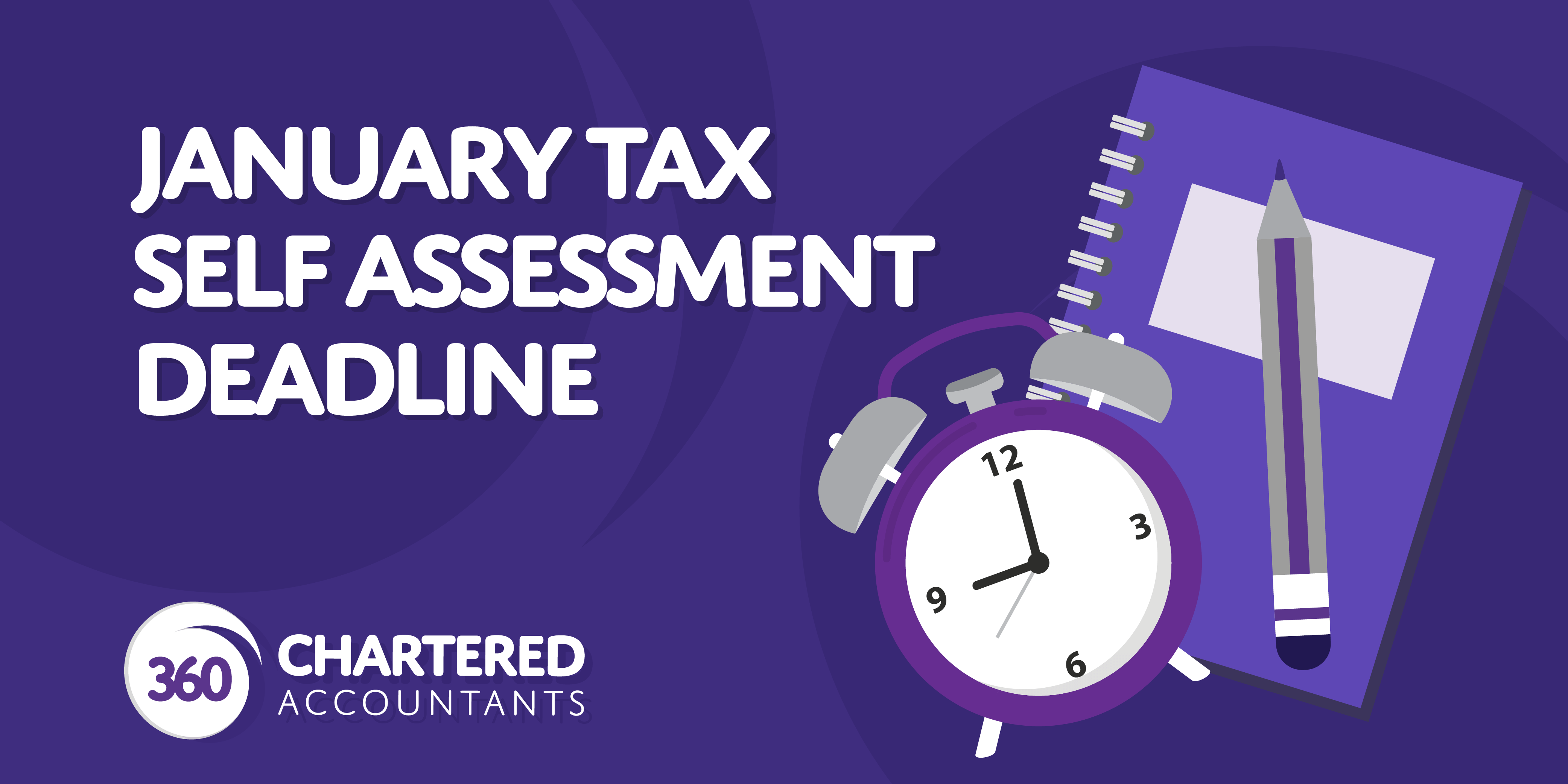Are you self-employed and new to self-assessment? Don’t worry, we’ve got you covered!
The January 31st tax self-assessment deadline is fast approaching, and we understand that it can be a bit overwhelming, especially if you’re new to the world of self-assessment.
It’s important to be aware of what you need to report to HMRC and when, regardless of whether you have an accountant or file your own tax return.
We’re here to provide you with everything you need to know to navigate the January tax self-assessment process with ease.
What is a tax self assessment?
First things first, let’s start with the basics. Self-assessment is a system used by HM Revenue and Customs (HMRC) in the United Kingdom to collect income tax. If you’re self-employed, a freelancer, or a sole trader, you’ll need to complete a self-assessment tax return each year.
The deadline for submitting your self-assessment tax return is January 31st. It’s crucial to mark this date on your calendar and ensure you have all the necessary documents and information ready well in advance. This includes details of your income, expenses, and other relevant financial information.
Do you need to submit a self assessment tax return?
As a guideline, the government has a series of questions online that help to determine whether or not you need to submit a self-assessment tax return.
These questions include:
- Did you work for yourself during the latest tax year (tax years run from 6 April to 5 April)? (even if you had another job)
- Did you work as an off-payroll worker?
- Did you get a pension?
- Did you earn more than £1,000 gross income?
- Did any of your income come from property or land?
- Did you get more than £10,000 from dividends, savings or investments? (although tax is payable on anything over £1,000 p/a)
- Do you need to pay any capital gains tax?
- Do you hold a position that affects how you’re taxed?
If you answered yes to any of these questions then it’s best to start an online assessment to find out whether you need to send a self-assessment tax return.
What are the new rules for online traders?
There are no new rules. You have always had to declare income received from online marketplaces if you are trading (i.e. buying products with a view to selling them at a profit).
What has changed is that HMRC now has more power to access information held by online trading platforms such as eBay, Vinted, Airbnb and Depop and, from the 1st of January 2024, digital platforms are required to collect and report seller information and income to HMRC. These digital platforms must report sellers’ income by January 2025. If you earn over the annual £1,000 trading allowance then you will need to record this income as part of the January tax self-assessment.
If you are in any doubt about whether you are trading you should contact HMRC or an accountant.
Where should you start?
To get started, you’ll need to register for self-assessment with HMRC. You can do this online or by calling their helpline. Once registered, you’ll receive a Unique Taxpayer Reference (UTR) number, which you’ll need to include on your tax return.
The deadline to register with HMRC is technically 5th October of the previous year – but generally, you’ll be OK if you register now, as long as you file the tax return and pay what you owe before the 31 January deadline.
Next, gather all your financial records for the tax year, which runs from April 6th to April 5th. This includes invoices, receipts, bank statements, and any other relevant documents. It’s essential to keep these records organised and easily accessible throughout the year to make the self-assessment process smoother.
When completing your tax return, you’ll need to report your income and expenses accurately. This includes any income from self-employment, rental properties, investments, or other sources. Make sure to deduct any allowable expenses, such as office supplies, travel costs, or professional fees, to reduce your tax liability.
If you’re unsure about what expenses you can claim, HMRC provides simplified expenses guidance on their website. Additionally, you may want to consider consulting an accountant who can provide expert advice tailored to your specific circumstances.
Once you’ve completed your tax return, you can submit it online through the HMRC website or you may even be eligible to use digital tax assessment software.
If you miss the January deadline, you may face penalties and interest charges, so it’s crucial to submit your tax return on time.
January tax deadline 2024
You have until 11.59pm on Wednesday 31 January 2024 to send HMRC an online tax return for the 2022/2023 tax year, which ended on 5 April 2023.
If you have any concerns regarding the deadline or would like some advice, support or guidance, the 360 Chartered Accountants team in Hull & York are always happy to take your enquiry.
Contact us on 01482 427360 or email help@360accountants.co.uk




